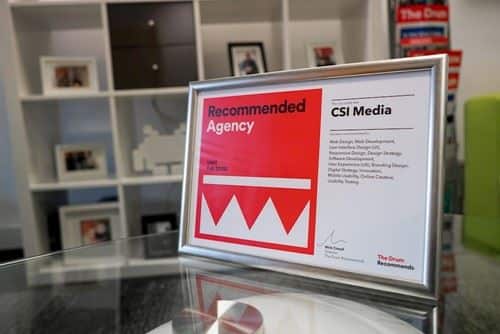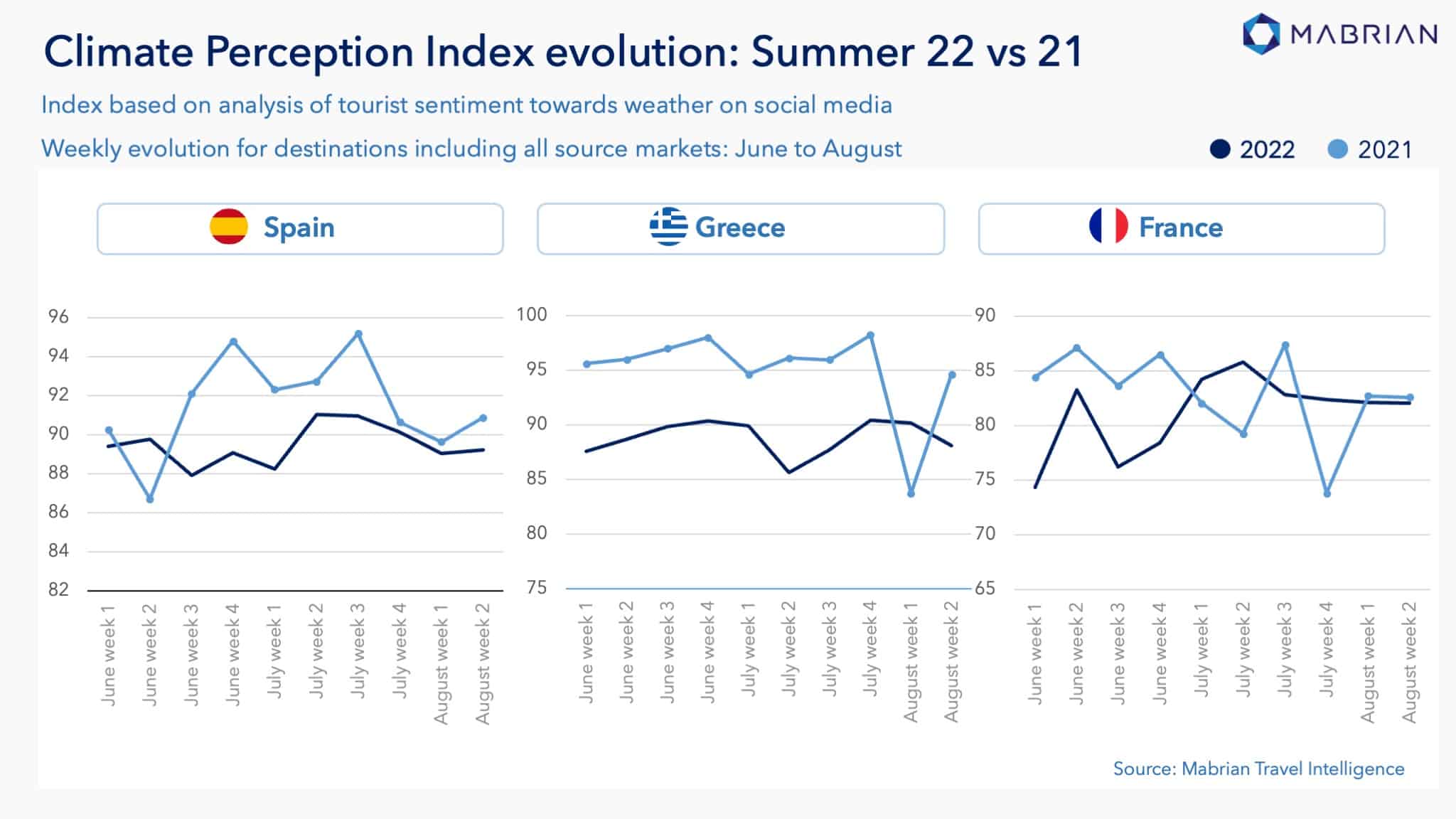Signposting solutions for travel technology challenges – TravelTech Show

To quote the famous lyricist Bob Dylan, “The times they are a-changing” and perhaps never more so than now. Both across the travel and travel technology industries with the advance of AI to name just one development, and more broadly across global economic and political landscapes. Indeed 2024 has been declared a record year for voting with elections in over 40 countries scheduled as over 40 per cent of the world’s population takes to the polls across India, Mexico, Russia, the United States and the United Kingdom to name just a few.
For travel operators and travel technology suppliers there is then a need to keep a keen eye on developments both in their own stable as well as further afield.
Ahead of the upcoming TravelTech Show we polled attending buyers to get an understanding of what they felt the main challenges were facing the travel technology industry and where attention needs to be paid for future R&D.
The answers of integration, cost and skills shortages may not be surprising but what is certainly clear is alongside these internal industry challenges, there is also concern around the impact that the ballot boxes worldwide may have on future operations, legislation and trade agreements. So how can we understand these challenges and in turn what might the solutions be? Here I share my thoughts along with some of the expert speakers attending this year’s show.
Integration
Looking closer to home the challenge of integration with existing platforms is always top of the to do list when buyers are planning to invest in and develop their tech stacks and portfolio of solutions, as identified by nearly a quarter (24 per cent) of those we polled recently.
Indeed, there can be a disconnect between new technologies which often struggle to integrate with legacy systems, resulting in inefficiencies and data silos. By the same token, disparate data formats and standards across different systems can complicate integration efforts.
Reassuringly relief to the integration challenge is available in the form of API development. Creating robust, flexible APIs can facilitate smoother integration with existing platforms. In the same vein, implementing middleware solutions can bridge the gap between new and old systems and help standardise data and streamline processes. More broadly, as the platform and solution landscape shifts and expands, the need for and value of collaborative standards is widely acknowledged. Encouraging industry-wide standards for data formats can be invaluable in tackling compatibility issues.
Cost
Cost is also a considerable challenge for many. Not surprising when you consider that developing new technologies and the time and resource required to integrate them into existing systems can be expensive. Coupled with the fact that many travel companies are also operating on tight budgets, especially post-pandemic. How can operators and developers then better balance the books? As more and more operators are realising, and as legacy systems are all but all retired, leveraging cloud-based solutions can reduce infrastructure costs and provide flexible, pay-as-you-go options. For operators looking to appoint a new solution and for developers keen to market new solutions, many costs can be managed with a scalable approach: developing scalable technologies that can be implemented incrementally. Ali Beklen from Hotelrunner also advises, “Opting for comprehensive platforms with subscription-based pricing can reduce upfront cost.” Keep in mind that operator and supplier alike can also mutually benefit from a partnership-based approach, whether partnering with other companies or technology providers, this can help to share resources and spread the cost-load.
Staffing and the skills gap
Post- pandemic whilst the travel and particularly the hospitality industry has been charged with navigating the impact of staff shortages and unquestionably technology has proven an essential ally in filling the skills gap, there is a shortage of skilled professionals in key areas such as AI, data analytics, and cybersecurity. Maintaining a relevant skillset that keeps up with the rapid pace of technological change also requires continuous learning and upskilling, which can be resource-intensive.
For both operators and suppliers, the answers lie with training and development programmes that can offer progression and upskilling of existing employees and competitive salaries. Staff that feel they are invested in are also more likely to stay, so whilst there may be a cost in the short term, gains from lower staff turnover and an upskilled, more qualified workforce will be felt in the long term. From a future-proofing perspective, also consider collaborating with educational institutions to create specialised programmes and internships that offer career opportunities to help prepare students for careers in travel and travel technology to attract and secure the next generation of talent.
Geopolitical and economic uncertainty
Parliamentary elections across Europe and worldwide, including the UK general election now scheduled for July, means there is expected to be much widespread change to come. Who knows how that will transpire in the next 12 months. Whilst we can’t predict what those changes will be, it is fair to expect a degree of change to market conditions and potentially legislative and regulatory changes as new policies are put in place. Such changes can make trading conditions, particularly for travel operators, difficult and may lead to reduced demand for travel and investment in travel technology. Whilst the impact of this cannot be avoided entirely, operators can work to mitigate against them. Specifically, by developing adaptable technology solutions that can quickly respond to changing market conditions and regulations, implementing robust risk management strategies to mitigate the impact of economic and geopolitical volatility and diversifying by expanding into different markets or sectors to spread risk and reduce dependency on any single region. Ali Beklen from Hotelrunner suggests “using predictive analytics to forecast trends and maintaining flexible booking and cancellation policies will help build customer confidence. With proactive strategies and leveraging the right technologies, businesses can navigate these obstacles and achieve sustainable growth”. If opening a local office isn’t feasible consider forming an alliance with a local partner in markets that are strategically important to your business so that you can gain an on the ground, current view on, and plan for, any changes that may impact your operations as a result of a new government or new policies. Paul Stephen from the Remarkable Group also highlights the role marketing has to play in managing the impact of wider changes as he advises, “From a digital marketing and platforms perspective, so much is accessible to Travel companies of any size it has levelled the playing field. It leaves many large established players being challenged by newer and smaller companies who have embraced and grasped emerging SaaS models, Distribution Channels, Social Marketing strategies and AI to gain competitive advantage.
To learn more about these challenges and hear expert advice on the solutions available register for your ticket to attend this year’s TravelTech Show which takes place at London’s ExCeL on 19th and 20th June 2024.
Learn more about TravelTech Show
Our emails to you has bounced travelmole.com Or You can change your email from your profile Setting Section
Your region selection will be saved in your cookie for future visits. Please enable your cookie for TravelMole.com so this dialog box will not come up again.
Price Based Country test mode enabled for testing United States (US). You should do tests on private browsing mode. Browse in private with Firefox, Chrome and Safari
You can see how this popup was set up in our step-by-step guide: https://wppopupmaker.com/guides/auto-opening-announcement-popups/
Subscribe/Login to Travel Mole Newsletter
Travel Mole Newsletter is a subscriber only travel trade news publication. If you are receiving this message, simply enter your email address to sign in or register if you are not. In order to display the B2B travel content that meets your business needs, we need to know who are and what are your business needs. ITR is free to our subscribers.
 United Kingdom
United Kingdom United States
United States Asia Pacific
Asia Pacific

























Ship crew member arrested after stabbing attack
Two dead, others missing after River Danube boat collision
Disney gets green light for a fifth Florida theme park
American, Australian tourists shot dead in Mexico
How virtual cards are shaping the future of hotel payments